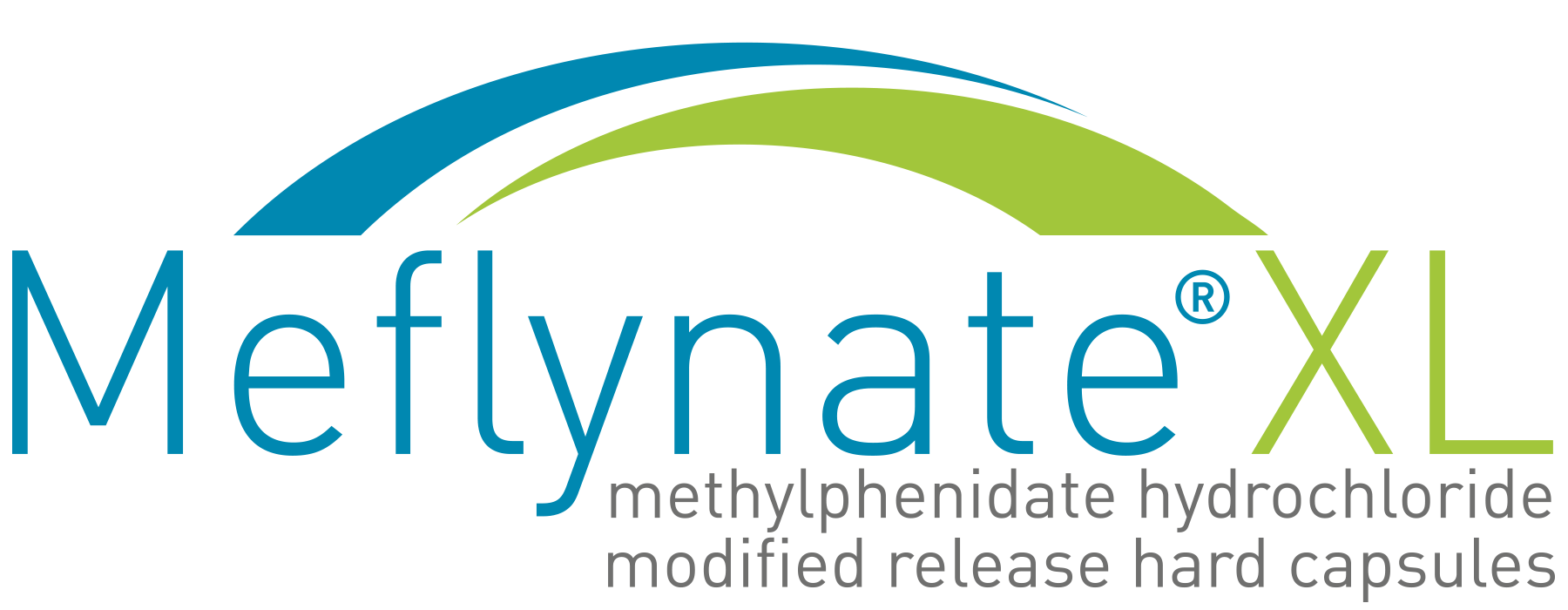This educational and promotional event is supported and funded by Flynn Pharma Ltd.
Midlands Neurodevelopmental Disorders Study Day
Agenda
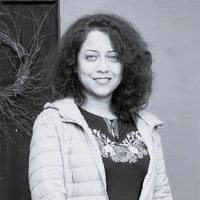
Dr Chaudhuri works in the NHS as a consultant psychiatrist for children and adolescents and has been working in this role at Leicester since 2015. She has a special interest in neurodevelopmental disorders and is experienced in the assessment, diagnosis and management of both ADHD and ASD, with or without comorbid mental health disorders like depression and anxiety. Her role in management of ADHD includes medication management, monitoring and prescribing, alongside pharmacological therapy for comorbid conditions, supervising the overall management, including non-pharmacological therapy, and supervising multi-disciplinary team members who are also involved in the assessment and management of neurodevelopmental disorders.
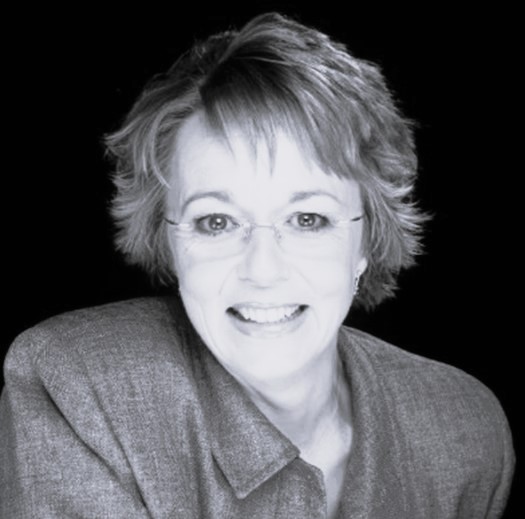
Dr Carole Buckley was a GP in Bristol for over 30 years until retirement from clinical practice in 2017. She persuaded the Royal College of General Practitioners to make autism a clinical priority in 2014 and became the clinical champion of the same for the following 3-years. Following that role, she continued to work as the autism representative until 2022, and remains on the RCGP SIG for LD and autism. She works closely with Autistica and is involved in research and teaching on neurodevelopmental conditions. Added to that she has first hand experience as the mother of a 34-year-old who has autism, a severe learning disability, epilepsy and a history of insomnia.
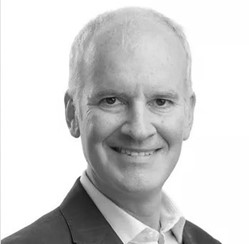
Professor Gringras has specialised in the fields of Paediatric Neurodisability and Paediatric Sleep Medicine after formal training in Chicago in 2003 under Professor Stephen Sheldon.
Professor Gringras is founder and service lead of one of the few UK paediatric specialist sleep clinics with a holistic approach that addresses behavioural, genetic and neurological causes of sleep disorder, in addition to commoner sleep related breathing problems. The clinic provides a National Narcolepsy service supporting over 180 children and young people with narcolepsy at present. The Children’s Sleep Medicine Department integrates fully with the adult sleep service already established at St Thomas’ hospital, as part of the ‘Lifespan Sleep disorders’ group.
Professor Gringras lectures and run workshops at National and International conferences. He has written over 50 peer reviewed papers, one book and several key book chapters. He holds research grants totalling over two million pounds in fields of Neurodisability and Sleep medicine. He lectures internationally and serves on the International Paediatric Sleep Association and British Paediatric Sleep Association executive committees. He has contributed to NHS England national reviews of policies and services for narcolepsy and sleep medicine from 2014 – present as well
as co-leading the NIHR BioResource – Rare Diseases Narcolepsy study project. His studies include epidemiological work tracking sleep patterns in large numbers of UK children as well as interventional studies, including two of the largest randomised controlled trials of melatonin in neurodevelopmental disorders to date, a trial of weighted blankets in Autism, sleep related breathing problems in children with Down's syndrome, and the cognitive impact of acute sleep restriction in children.
He has co-developed novel tools to assess sleep-related learning in children (Sleepsuite), wrote KidssleepDr a free iOS app to help parents whose children have sleep problems, and authored the MindEd tutorial on sleep difficulties.
• Evelina London Children’s Sleep Medicine Department www.evelinalondon.nhs.uk/sleep
• CASTLE Study http://castlestudy.org.uk
• MindED www.minded.org.uk/course/view.php?id=86

Sarah has been working as a pharmacist in secondary care for the past 17 years, and has over 14 years of experience working within the mental health sector. Sarah has worked in both inpatient and community settings and has been instrumental developing the role of a clinical pharmacist within the community mental health teams at Mersey Care NHS Foundation Trust, Mid-Mersey division. Over the past 5 years she has had an active clinical role within the Adult ADHD Team, working alongside the Consultant Psychiatrist to assess and treat adults with ADHD. This includes those who have never previously had a diagnosis of ADHD, as well as those who have been transitioned from CAMHS or paediatric services. In 2018 Sarah successfully completed a V300 non-medical prescribing course and is registered as a Pharmacist Independent Prescriber. She has been actively involved in the education of other healthcare professionals, including GPs, Consultant Psychiatrists and nursing staff on the treatment of ADHD, and in implementing Shared Care Agreements for ADHD medication.
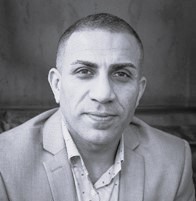
With over 12 years’ experience as a paediatric/neonatal doctor in the NHS working in paediatric units, including neonatal intensive care units. Dr Datt has a specialist interest in neurology, rare paediatric diseases, and neuro-developmental clinics, with associated mental health disorders including Autism Spectrum Disorder (ASD), Attention Deficit Hyperactivity Disorder (ADHD), Learning difficulties and Learning disability.
Dr Datt’s research interests include rare paediatric diseases such as Mucopolysaccharidoses (MPS), Paediatric Multiple Sclerosis, Haemophilia, Sickle Cell Anaemia, Beta-thalassaemia, X-Linked Hypophosphatemia (XLH), Vitamin D deficiency, Achondroplasia, Primary Immunodeficiencies (PID’s), and oncology (especially Astrocytoma and Neuroblastoma). He has an interest in preventive medicine as well as pharmaceutical research and development.
As a postgraduate tutor and board of examiner with the Faculty of Pharmaceutical Medicine (FPM), Dr Datt is a revalidation appraiser on behalf of the Royal College of Physicians. His passion for delivering optimum patient focused care, extends as he continues to teach junior doctors, delivering medical education and raising awareness of rare paediatric conditions.
What will the webinar cover?
Key learning objectives
- To highlight the challenges faced by children, care givers and clinicians when ASD and insomnia present.
- To explore the role of melatonin in the management of sleep difficulties in young people with neurodevelopmental disorders.
- To review the available pharmacological ADHD treatments and their place in therapy.
- To better understand neurodiverse patients with complex conditions.
- To look at differential diagnosis and the difficulties ADHD patients face when moving into adulthood.



